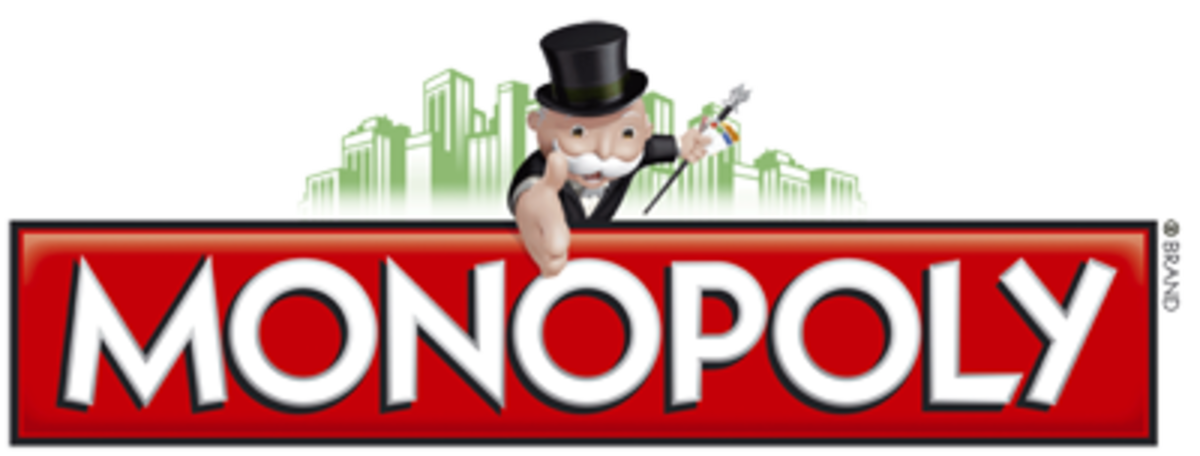12 Characteristics Of A Successful Project Manager. Every Project Manager Must Read!
What Makes You A Successful Project Manager?
This may be the million dollar question going through every Project Manager’s mind and most of them know the answers reasonably well. Even though they know the answers, majority of project managers over focus on some areas which makes them successful on certain aspects of project management and at the same time set themselves for failure on certain areas. So, let me introduce my own analogy on certain parameters which I consider the key for a successful project management career.

1. Stakeholder(s) satisfaction:
No matter what you do as a project manager, your ultimate goal is to satisfy your stakeholder business needs. Stakeholders can be an individual or group of resources who owns certain stake on the projects. It can be your client, management, finance owner, business partners, compliance committee, business owner, program owner, campaign sponsor, department etc.
2. On Time Delivery:
Every project has certain business objectives and timeline. Your project sponsor/client may have certain marketing or sales or operational plans linked with the project launch schedule. Sometimes this can be tied with certain events, season, audit or compliance date etc. For example, your client may have plans to launch a promotional media project on super bowl or Oscar award day targeting the mass audience on that specific day. If you delay such a project delivery you can imagine the business and marketing impact.
3. On Budget Completion:
Budget control is a key role of a project manager. If you agree certain deliverables to your client for a certain amount, you have to deliver the product in that amount. Otherwise your project is at a budget and schedule risk. If you go beyond the approved budget, Client may not have extra money to complete the project or client may need to wait for a special funding approval or even need to wait for the next years funding to complete the project. If you execute project for a 3rd party company for fixed cost and if you go beyond the estimated amount you can imagine your management response on the same J . There are scenarios where you project requires additional funding due to unanticipated reasons. This is one scenario where the project manager has to apply his or her negotiation skills to deliver the maximum ROI to your client based on the available funding. The business relationship to the stakeholder plays a key role on this scenario which will help on a productive negotiation.
4. High quality product:
On time and on budget delivery is always good. How about, if you deliver low quality product on time and on budget? Some scenarios, over focus on schedule and budget may lead to fast tracking of certain tasks or by-passing certain steps which will reflect on overall product quality. A low quality product is not only risk on your project but also a risk to you business group or organization. So a project manager has to pay utmost care on quality aspects of the project.
5. Proactive Risk Identification and Mitigation:
Every project has certain amount of risk involved. As project manager you role is to identify and mitigate those risks to ensure a successful project delivery. If you think or believe your project has absolutely no risk, I would say you are on the wrong business. Every project has several direct and indirect risks associated. If you realize and accept that fact, then risk identification and mitigation will become easy.
One of the successful technique I apply as a Project Manager on every single project is to open up the risk identification analysis to entire the project team. This will help you to gather inputs from developers, team leads, impacted teams, testing units, administrative units, finance, compliance, clients, management etc. This will also help you and the project team to think on back up plans.
6. Process Compliance:
Your organization or client may demand certain process and methodologies for your project and product. Another scenario is the industry you represent may have certain compliance/guidelines. etc SOX, CMM, PCI, HIPPA, GLBA etc. As project manager you have ensure the applicable process / standards compliance on your product. Even if you deliver the functionality / solution to meet stakeholders’ expectation, if your product is out our compliance on the industry guidelines then ultimately your project may fail or run in to reworks.
7. Security Compliance:
If your project has an online or data component you should ensure proper security model around that. Even is your project is successful and functional an insecure product can cause your bigger problems down the line.
8. Satisfied Management:
This is another critical component that defines the success of a project. Your management may have certain benchmark or measuring strategies for your project which can be revenue model, traffic, process efficiency , speed to market, technology edge on competition, cost savings, conversions, leads etc or even a combination of all these. In order to be a successful, as a project manager you should know these benchmarks and management expectations which will help your to align your deliverables towards these goals or benchmarks.
9. Happy team members:
No matter how good you on project management tasks, process and methodologies, unless your project team is happy and cooperative, your project has chances to fail. An ideal project manager should be able to think both from an employee and employer perspective to make both ends happy. If you over focus on employer satisfaction and completely ignore the best interest of your team that itself can lead to failure.
10. Management/Client/Industry Recognition:
If you or your project, product, organization, dept, team or team members get an award or recognition on behalf your project that itself is a clear measurement of your success a Project Manager.
11. End user / Customer satisfaction:
Measure the user satisfaction of your project / product by follow-up e-mails, calls, meetings with end users, customers etc. Another method is to collect feedbacks online or through a survey.
12. Reliable product / Technical support:
There are tons of products in the industry, which failed to survive the competition due to inadequate technical support / user assistance. Arrange proper user training, customer support, technical support, online help, manuals etc for your product to ensure adequate support for your product which itself is a great way of handling the reputation management of your product. Don’t let the users to trigger a negative buzz on your product, address the potential concerns proactively by providing proper product support through any or all of the above channels.








